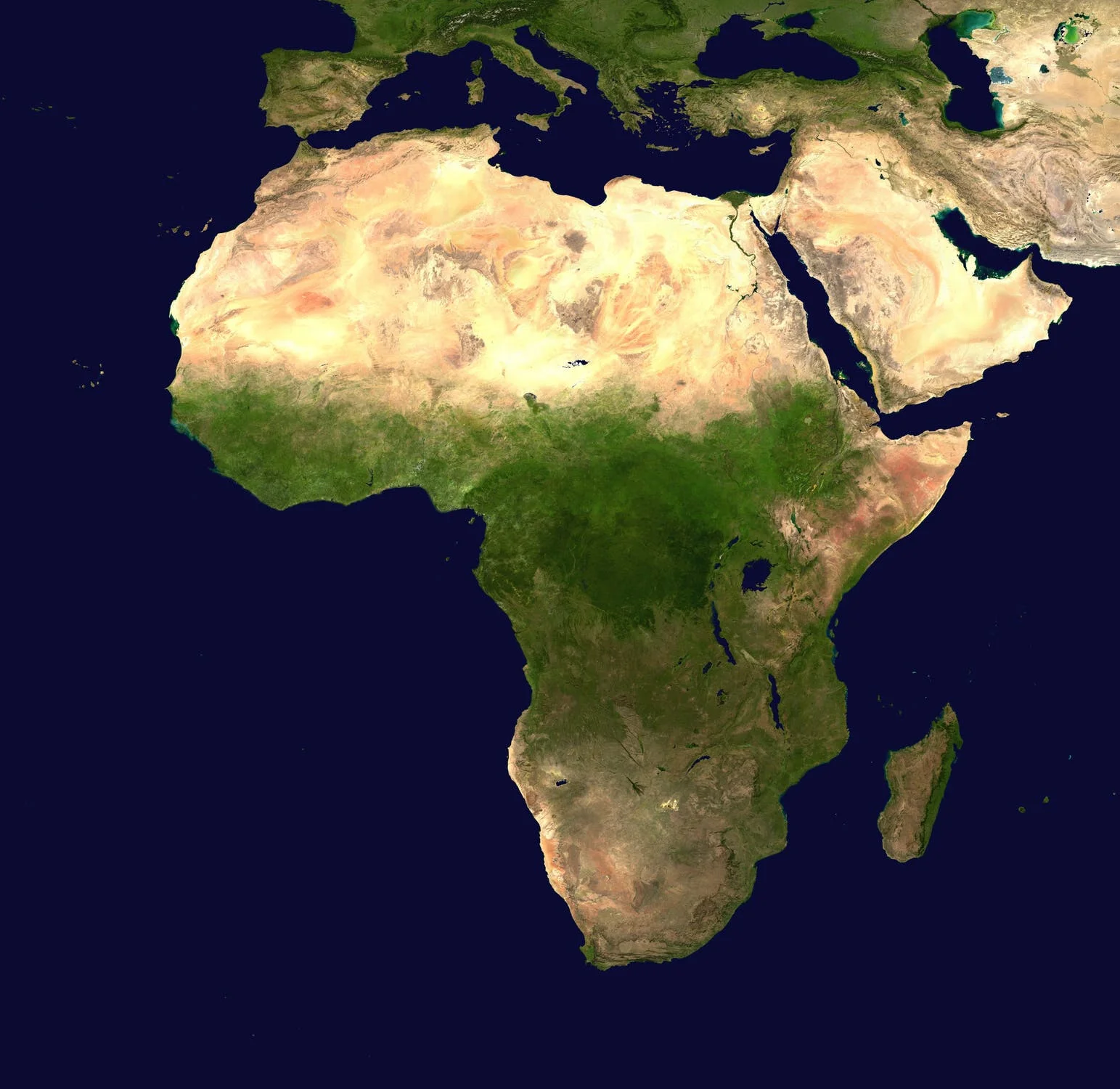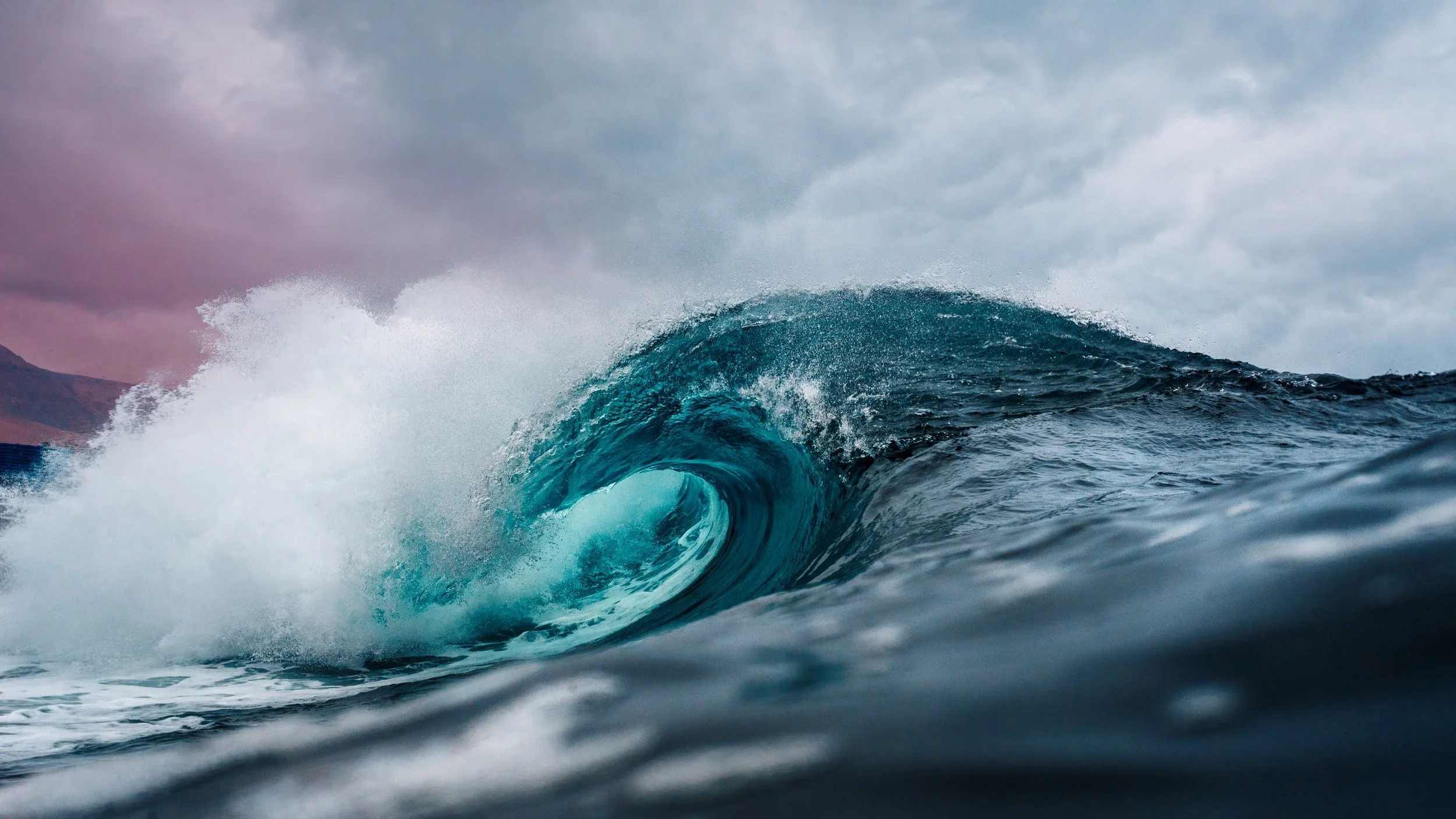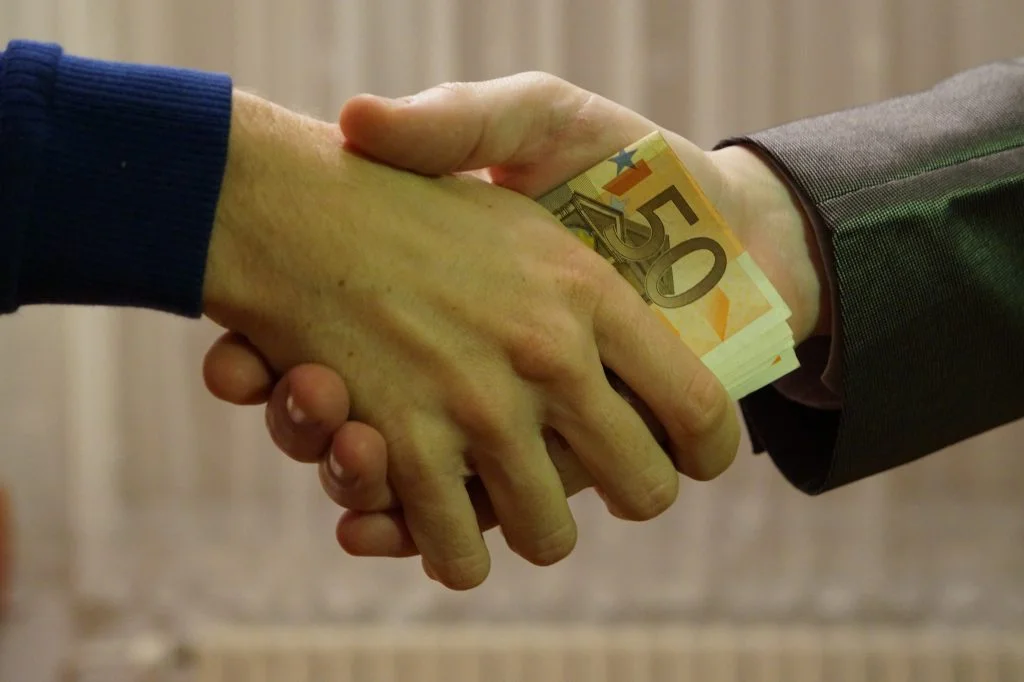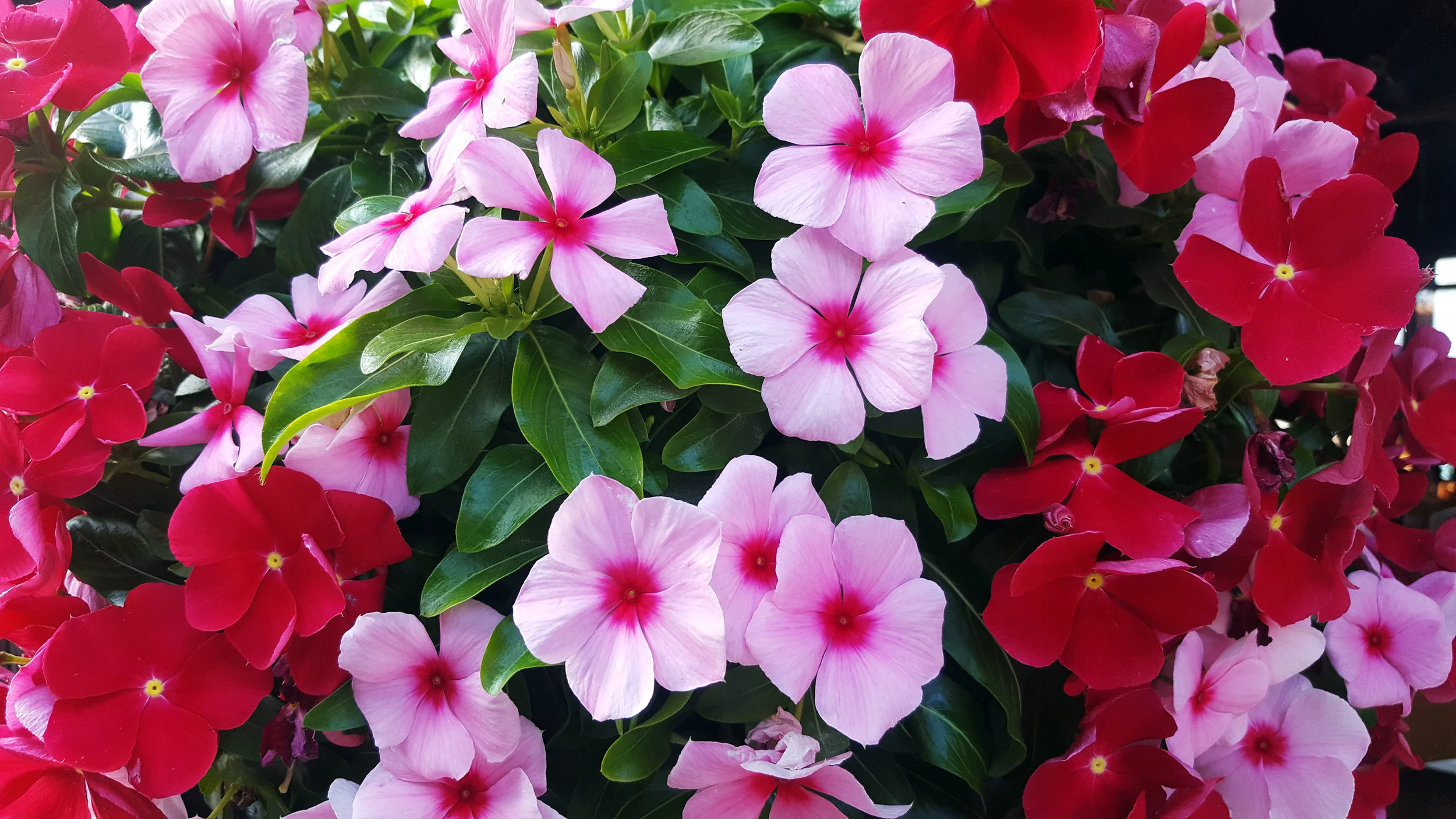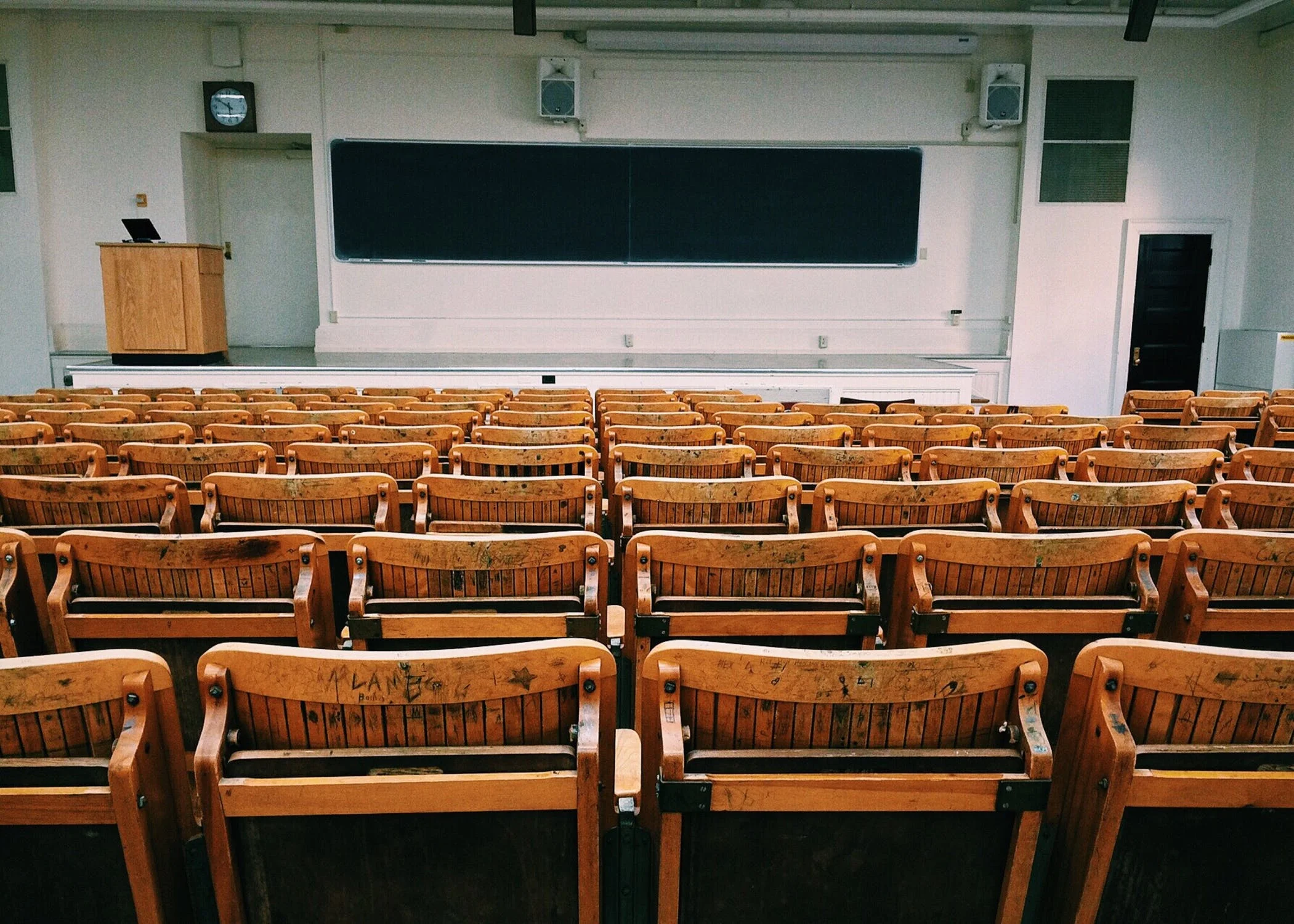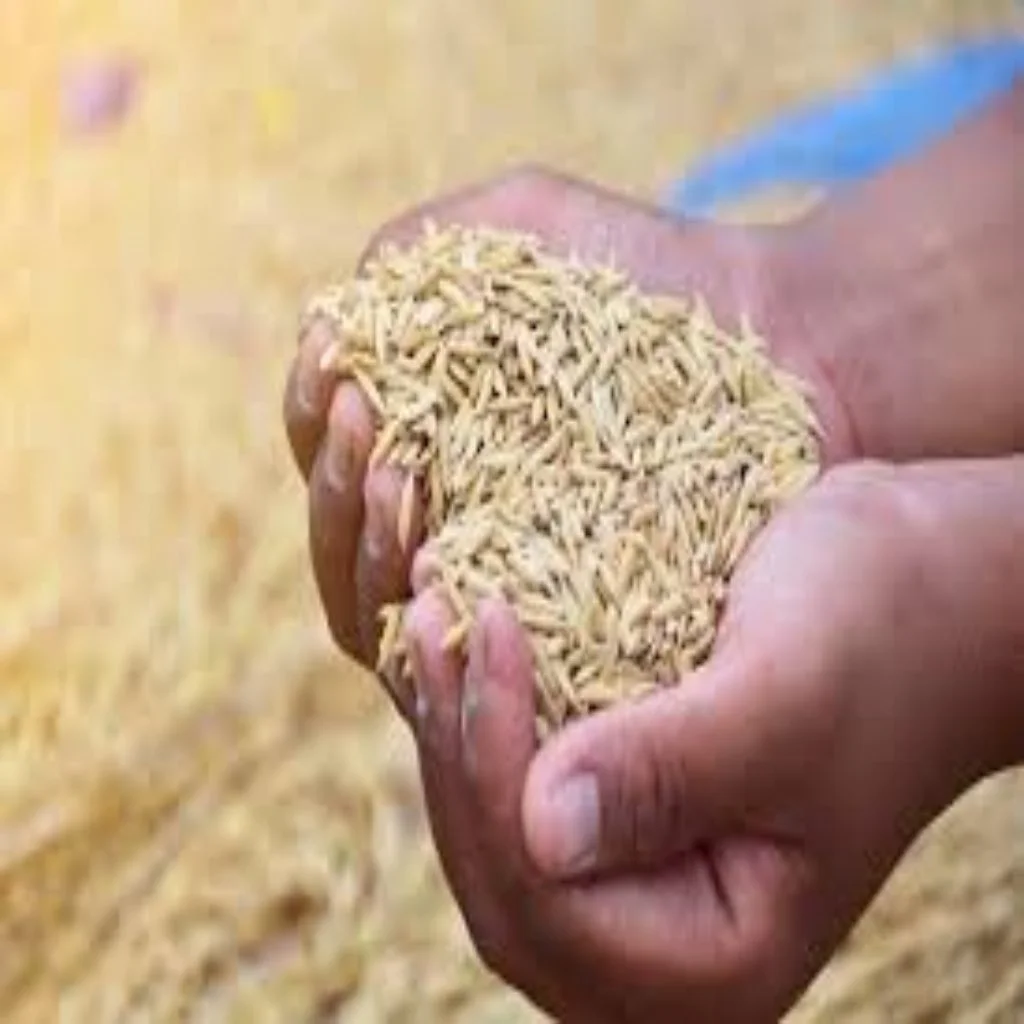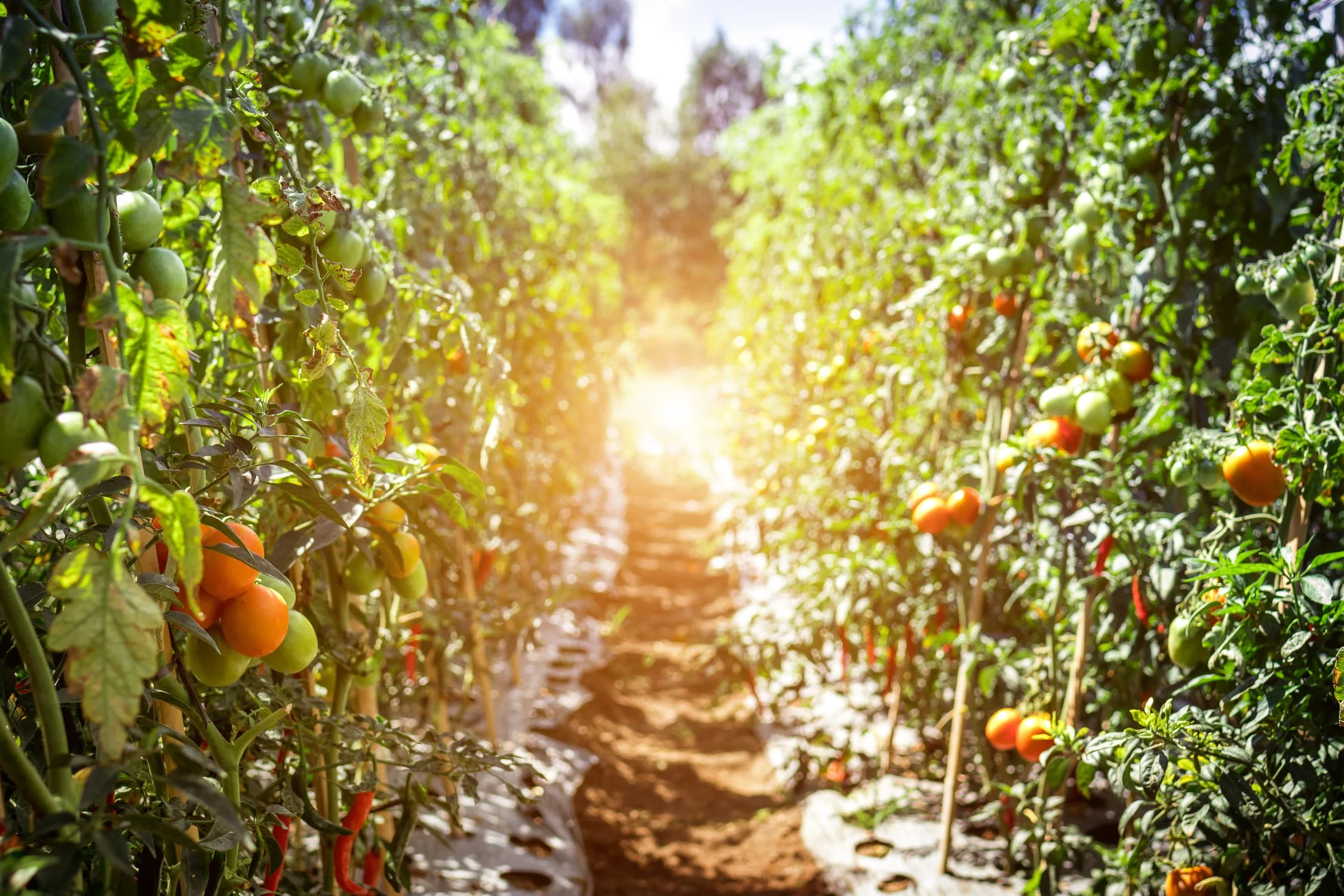Open AIR (African Innovation Research) Network
Working Paper No. 8 (2017)
Co-authored w/ Jeremy de Beer
Open AIR (African Innovation Research) Network
Working Paper No. 5 (2017)
Co-authored w/ Caroline Ncube, Tobias Schonwetter & Jeremy de Beer
Dalhousie Law Journal
Vol. 39, No. 2 (Fall 2016)
Marine Policy
Vol. 67 (2016)
Co-authored w/ Aldo Chircop & David Dzidzornu
One of the off record welcome hospitality that the Conservative Prime Minister of Britain, Mr. David Cameron, extended to President Muhammadu Buhari who attended the May 10 Anti-Corruption Summit in London is his sneaky remark to the British monarch, Queen Elizabeth II, ahead of that summit that Nigeria (alongside Afghanistan) is a “fantastically corrupt” country. My impression is that Her Majesty may have a better sense of history than Cameron.
Read MoreForging national unity has been a perennial challenge to Nigeria’s evolution as a country. Since independence from Britain 56 years ago, the country continues to weather severe existential storms that strike at its very core. These make national cohesion and political stability largely elusive.
Read MoreNigeria’s security challenges continue to escalate. While the Boko Haram insurgence keeps mutating, kidnappings and hostage taking for ransom rise in competition as side dishes in the main course of the country’s ignominious rise in terrorism profile. Yet, the abducted Chibok girls remain a scar on the conscience of the Nigerian government at all levels. At present, Nigeria’s abysmal human rights record is taking another stress at the instance of recent violent encounter between members of the Shiite Islamic sect and the military.
Read MoreThe global South is full of significant, diverse biological and genetic resources. It’s also home to most of the world’s indigenous communities. This is why developing countries are sensitive about protecting their genetic resources and traditional knowledge.
Read MoreNigeria’s tertiary education industry is increasingly competitive for all stakeholders. We have transitioned from the so-called first; second, third and, some would even suggest, to fourth generation universities. Except for professional bodies, both the federal and state governments have, until more than a decade ago, been the only major proprietary stakeholders in tertiary education.
Read MoreQueen Mary Journal of Intellectual Property
Vol. 5, No. 4 (2015)
In Food Systems Governance: Challenges for Justice, Equality and Human Rights
J. Liljeblad and A. Kennedy, eds.
(London: Routledge, 2016)
Journal of Advances in Agricultural Science and Technology
Vol. 3, No. 6 (September 2015)
Journal of World Intellectual Property
Vol. 18, No. 5 (2015)
African Journal of International and Comparative Law
Vol. 23, No. 2 (2015)
In International Environmental Law and the Global South
S. Alam, S. Atapattu, C.G. Gonzalez & J. Razzaque, eds.
(Cambridge: Cambridge University Press, 2015)
In Indigenous Intellectual Property: A Handbook of Contemporary Research
Matthew Rimmer, ed.
(Cheltenham: Edward Elgar, 2015)
Toronto has been in the news recently, not because of its status as a foremost North American commercial hub, but because of its infamous mayor, Rob Ford. Ford has been on the limelight for many wrong reasons, serving as a butt of joke for global fraternity of comedians on how not to be a mayor. Over 2013, many mentioned how discussions involving Canadians within and without Canada are easily short-changed by a more exciting topic: Mayor Rob Ford and his indiscretions.
Read MoreIn Sage Handbook of Intellectual Property
Matthew David & Deborah Halbert, eds.
(London: Sage, 2014)

